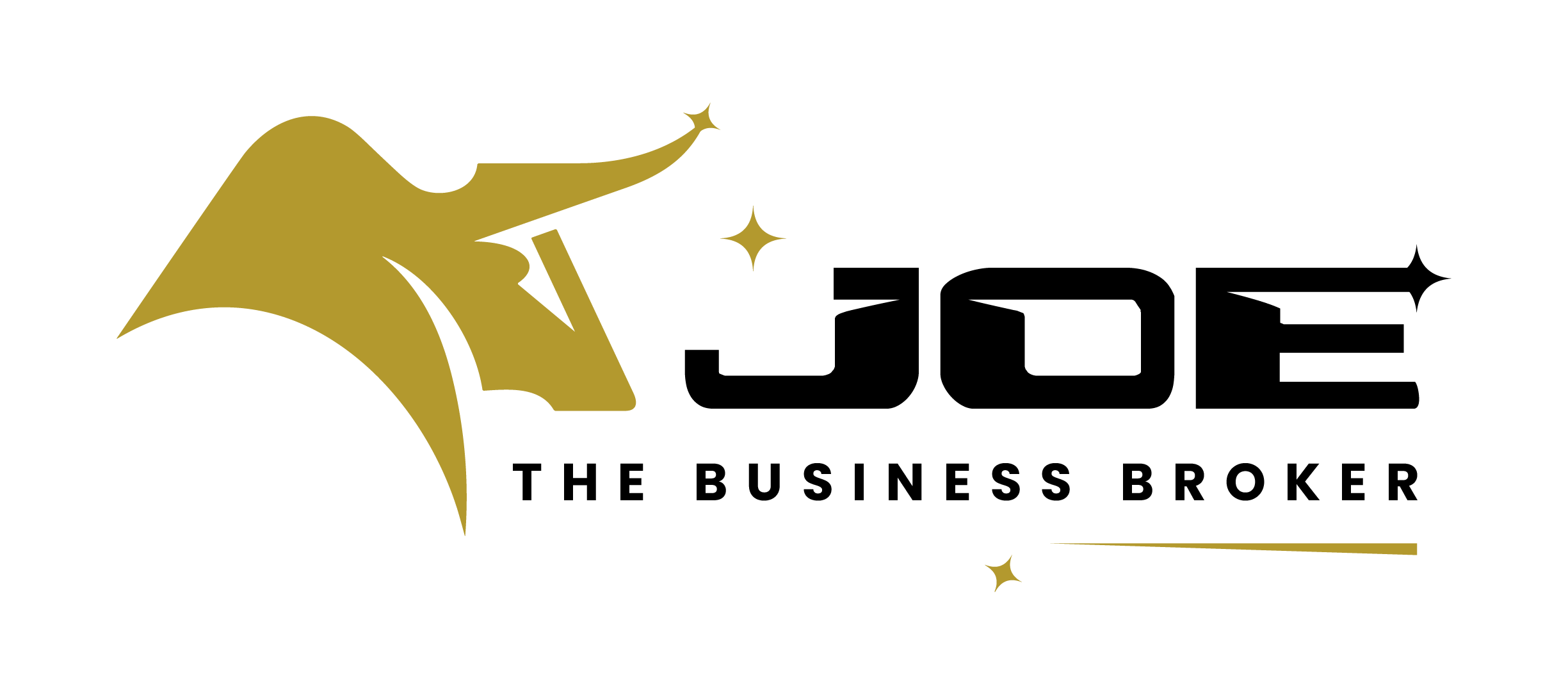Decoding Business Earnings: Key Tools for Business Valuation
In the dynamic world of business buying and selling, understanding earnings calculations is essential. EBITDA and SDE are two pivotal terms that can influence business valuation. Here’s an SEO-optimized guide to help you differentiate and apply them correctly.
Seller’s Discretionary Earnings (SDE):
A Snapshot for Small Business Valuation SDE, short for Seller’s Discretionary Earnings, is a financial metric that provides insight into a business’s historical cash flow. Often used for small business valuation, it takes into account the net profit displayed on tax returns or year-end income statements. Items like the owner’s salary, benefits, non-cash expenses (like depreciation), and one-off costs are added back. It’s a favored metric for smaller entities where personal expenses often mingle with business costs.
Earnings Before Interest, Taxes, Depreciation, and Amortization (EBITDA): The Large Business Yardstick
For businesses with comprehensive financial reporting, EBITDA emerges as a key metric. It calculates earnings before subtracting interest, taxes, depreciation, and amortization. A distinguishing feature is its treatment of a manager’s salary: it remains untouched. This is in contrast to SDE where it’s typically added back. Private Equity Groups heavily rely on EBITDA for their business valuation efforts. Some even delve deeper with metrics like EBIT or an Adjusted EBITDA, especially when the salary structures deviate from industry norms.
Final Thoughts on Business Earnings Metrics
The choice between EBITDA and SDE often hinges on the business’s size and financial discipline. However, a universal truth remains: businesses with minimal adjustments and transparent financials attract higher valuations. Equip yourself with knowledge of these metrics, and you’re one step closer to a successful transaction.




